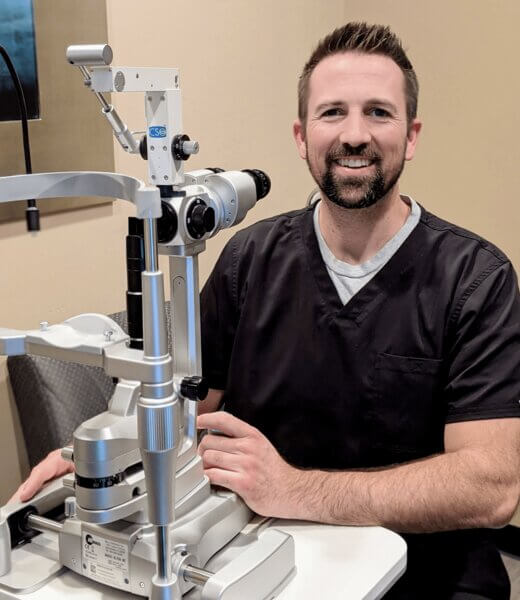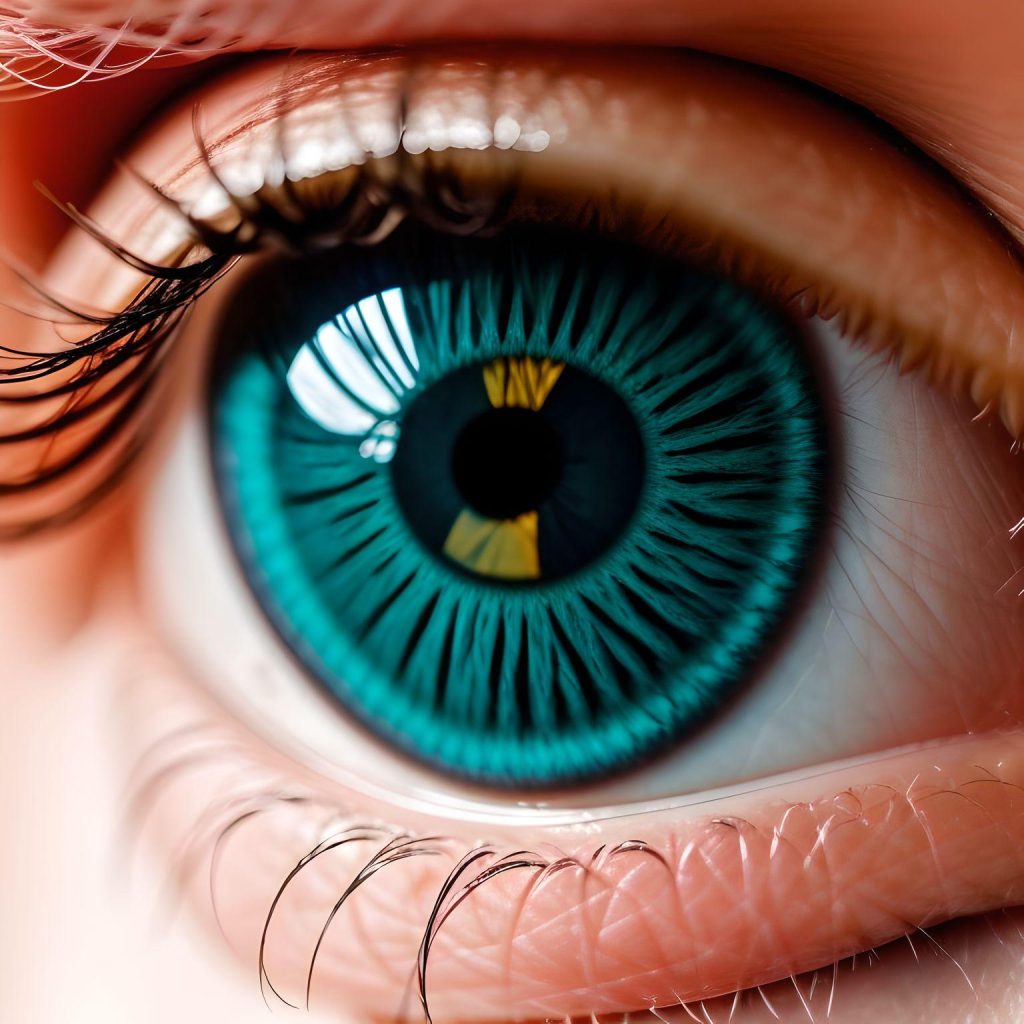
In today’s fast-paced world, where screens and digital devices dominate our daily lives, taking care of our eyes has become more crucial than ever. Our eyes are our windows to the world, allowing us to experience life’s beauty. However, factors such as age, lifestyle, and environmental conditions can impact our vision over time. This article delves into effective eye health tips and techniques to prevent vision loss, protect eyesight, and maintain healthy eyes for years to come.
Understanding the Importance of Eye Health
Our eyes play a pivotal role in our daily activities, from reading and working to enjoying hobbies and exploring new places. Thus, prioritizing eye health is essential for a fulfilling life. With proper care and attention, we can maintain clear vision and prevent potential issues.
Common Causes of Vision Problems
Various factors can contribute to vision problems, including age, genetics, prolonged screen time, poor lighting, and unhealthy lifestyle habits. Understanding these factors can help us make informed choices to safeguard our eyes.
Tips for Preventing Vision Loss
Protective Eyewear: Whether you’re outdoors or engaging in activities that could pose a risk to your eyes, wearing protective eyewear can prevent injuries.
UV Protection: Shield your eyes from harmful ultraviolet (UV) rays by wearing sunglasses that offer adequate UV protection.
Blink Regularly: Blinking helps keep your eyes moist and prevents dryness, especially when using digital devices.
Follow the 20-20-20 Rule: Take a 20-second break every 20 minutes and focus on something 20 feet away to reduce digital eye strain.
Vision Protection Techniques for Everyday Life
Incorporate these techniques into your daily routine to protect your eyes:
Lighting Properly: To prevent eye strain, use adequate lighting whether working or reading.
Screen Ergonomics: Position your screen at eye level and maintain a comfortable distance to prevent discomfort.
Adjust Display Settings: Modify screen brightness and font size to enhance readability and reduce strain.
Limit Screen Time: Practice the 20-20-20 rule and limit screen time outside work.
Maintaining Healthy Eyes: Diet and Nutrition
A healthy diet high in nutrients such as antioxidants, vitamins, and minerals can help with eye health:
Omega-3 Fatty Acids: Found in fish, flaxseeds, and walnuts, omega-3s help prevent dry eyes and maintain retina health.
Vitamin A: Carrots, sweet potatoes, and spinach are packed with vitamin A, which is crucial for good vision.
Vitamin C: Citrus fruits and bell peppers contain vitamin C, known to reduce the risk of cataracts.
Lutein and Zeaxanthin: These antioxidants, found in leafy greens and eggs, contribute to macular health.
Eyesight Preservation in the Digital Age
Extended screen time can strain our eyes. Consider these tips:
Blue Light Filters: Use blue light filters on devices to minimize digital eye strain.
Night Mode: Activate night mode to reduce blue light emission during evening use.
Digital Detox: Take regular breaks from screens and engage in outdoor activities.
Prevent Vision Deterioration: Regular Eye Exams
Regular eye exams are vital for detecting issues early and maintaining optimal vision:
Frequency: Adults should have comprehensive eye exams every 1 to 2 years, even if no issues are apparent.
Children and Teens: Children should have their first eye exam around age 6 months and then as recommended by an eye care professional.
Effective Eye Care Practices
Incorporate these practices into your routine for healthier eyes:
Makeup Safety: Replace eye makeup every few months to prevent bacterial growth.
Contact Lens Care: Follow proper cleaning and wearing instructions for contact lenses.
Tips for Healthy Eyes: Hygiene and Habits
Avoid Rubbing: Refrain from rubbing your eyes, as it can introduce dirt and bacteria.
Proper Contact Use: If you wear contacts, follow guidelines for insertion, removal, and cleaning.
Stay Hydrated: Drink enough water to maintain overall eye hydration.
Strategies for Vision Maintenance
Stay Active: Regular physical activity improves blood circulation to the eyes.
Stay Hydrated: Drink enough water to maintain overall eye hydration.
Anti-Reflective Lenses: Consider eyeglasses with anti-reflective coatings to reduce glare and strain.
Protecting Eyesight at Work and Home
Workspace Ergonomics: Arrange your workspace to minimize glare and maintain proper posture.
Rest Your Eyes: Follow the 20-20-20 rule during work to prevent digital eye strain.
Promoting Eye Wellness: Rest and Relaxation
Adequate rest is essential for optimal eye health:
Quality Sleep: Get 7-9 hours of sleep each night to allow your eyes to rejuvenate.
Eye Compresses: Apply warm compresses to soothe tired eyes.
Preserving Visual Health in Children and Teens
Outdoor Time: Encourage outdoor activities to reduce the risk of myopia (nearsightedness).
Balanced Diet: Ensure your child’s diet includes eye-healthy nutrients.
Preventing Ocular Damage: Safety Measures
Eye Protection: Wear appropriate eye protection during sports and activities with potential eye injury risks.
Avoid Smoking: Smoking is linked to an increased risk of cataracts and macular degeneration.
Techniques for Better Vision: Exercises and Habits
Eye Exercises: Practice eye exercises like focusing on near and distant objects to improve eye flexibility.
Hydration: Proper hydration supports tear production and reduces dryness.
Taking care of your eyes is a lifelong commitment that pays off in clear vision and enhanced quality of life. By incorporating these eye health tips, protection techniques, and maintenance strategies, you can preserve your eyesight for years to come. Remember, your eyes are irreplaceable—prioritize their care today to enjoy a vibrant tomorrow.
Tatum Eyecare is North Phoenix’s premier family eye care center. We’ve spared no expense to create the most pleasant, comfortable patient experience… including the finest furnishings, the best selection of prescription eyeglass frames, the most cutting-edge technology, and the most outstanding team of industry professionals. Come see why the choice for family eye care in the Valley has never been clearer.
FAQs
Q1: How frequently should my eyes be examined?
Adults should have comprehensive eye exams every 1 to 2 years, while children’s eye exams should begin around age 6 months.
Q2: Can a balanced diet really impact my eye health?
Yes, a diet rich in nutrients like omega-3 fatty acids, vitamins A and C, and antioxidants can significantly support your eye health.
Q3: Is blue light really harmful to my eyes?
Digital eye strain can result from prolonged exposure to blue light from digital devices. Blue light filters can help reduce its impact.



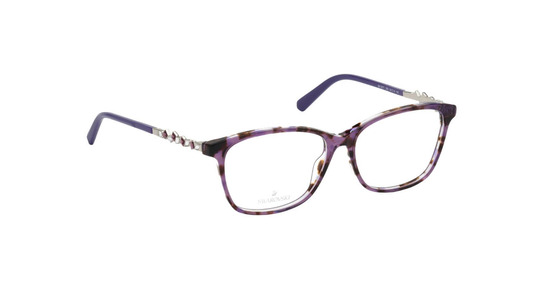

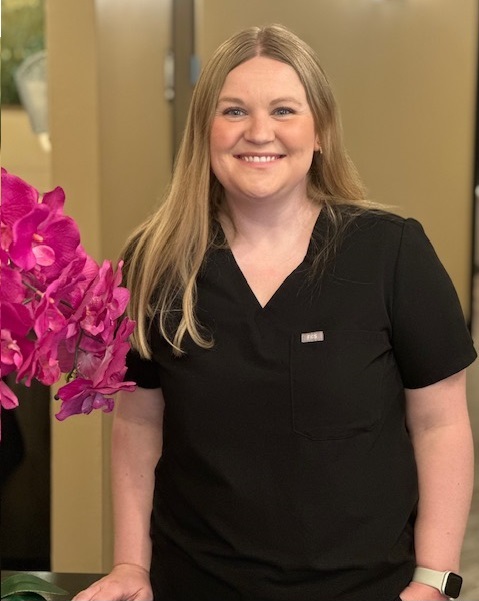



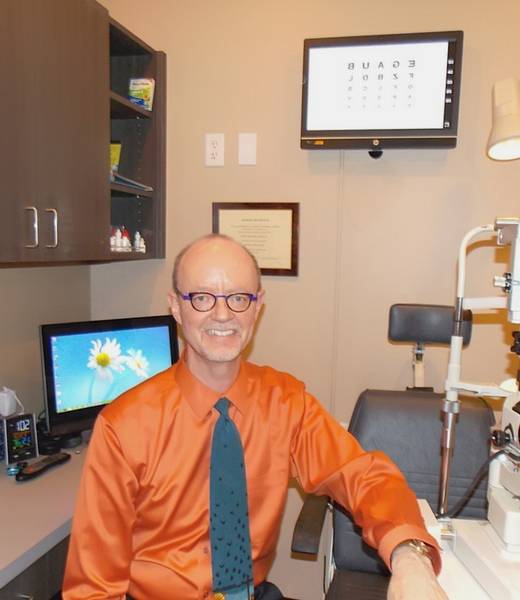

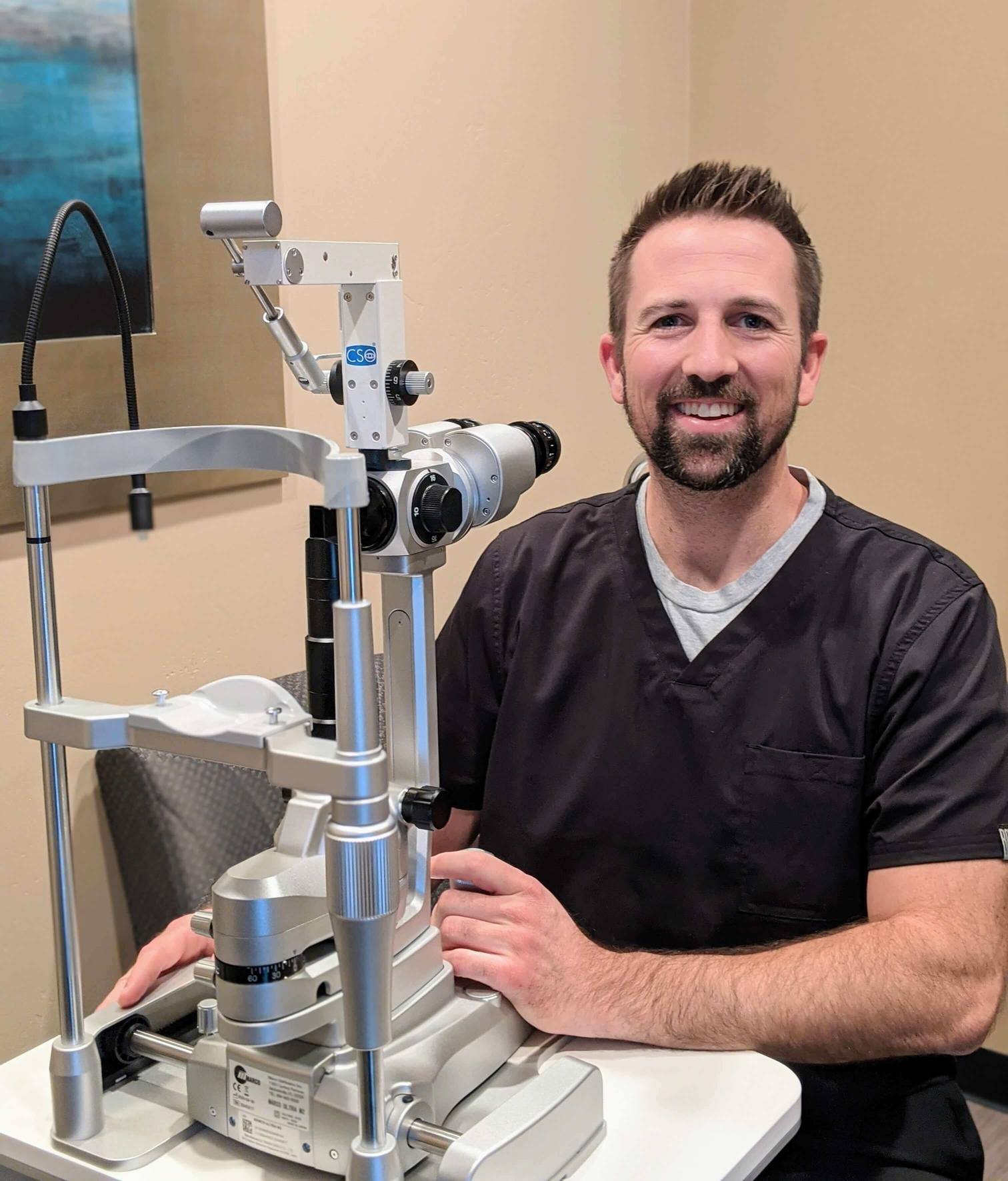
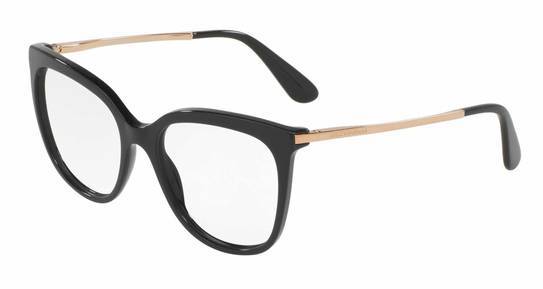






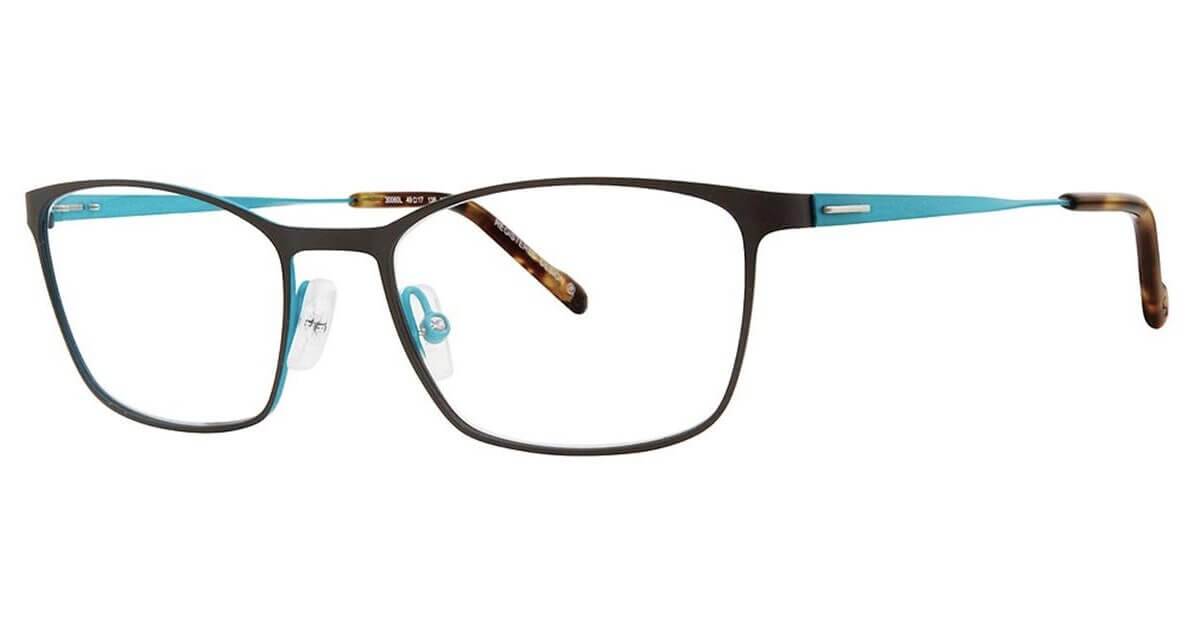

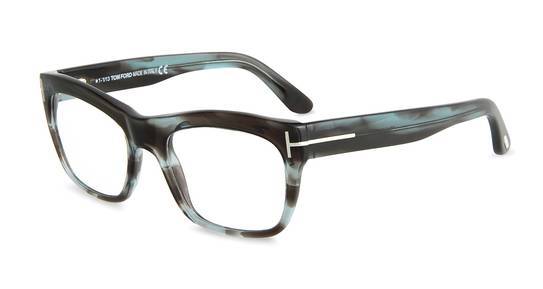
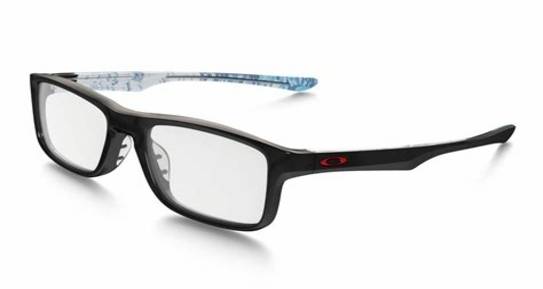

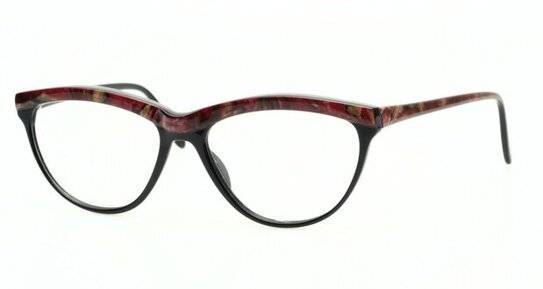
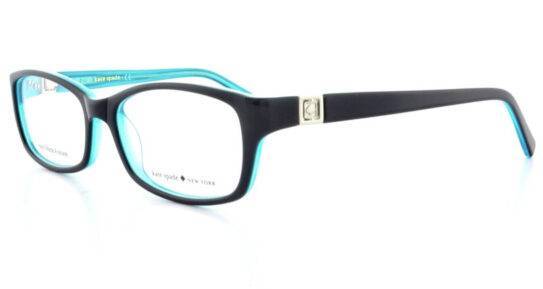


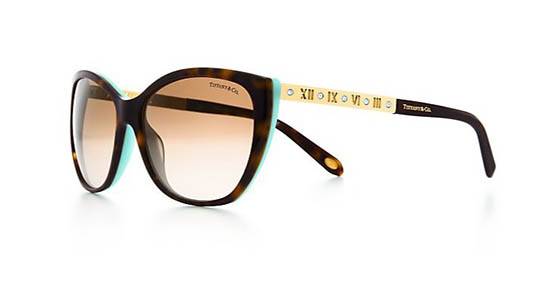
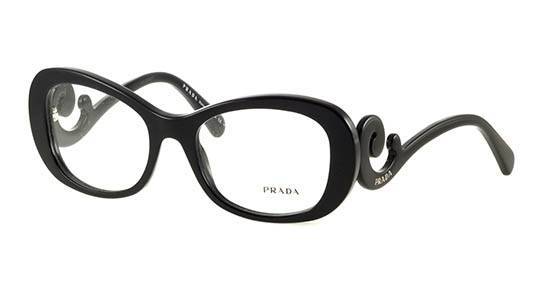
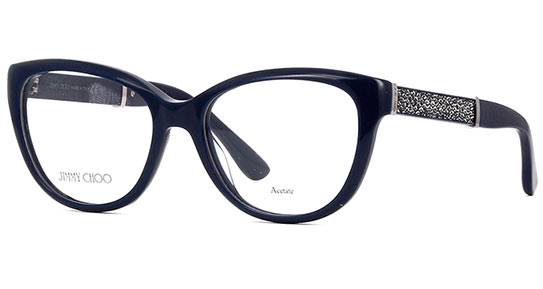
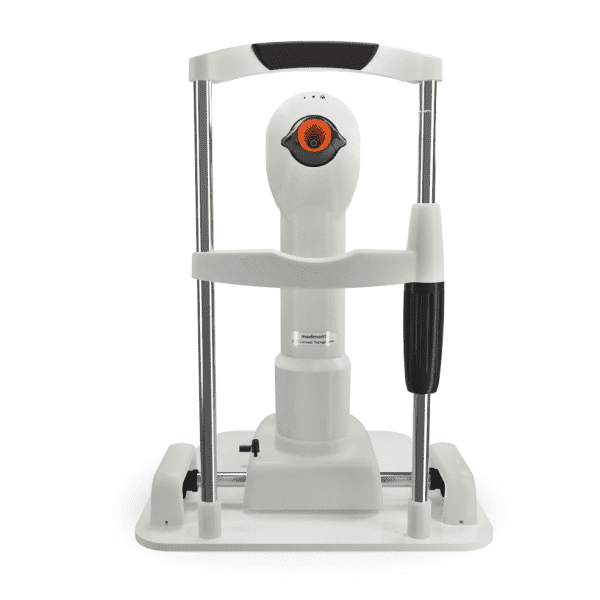
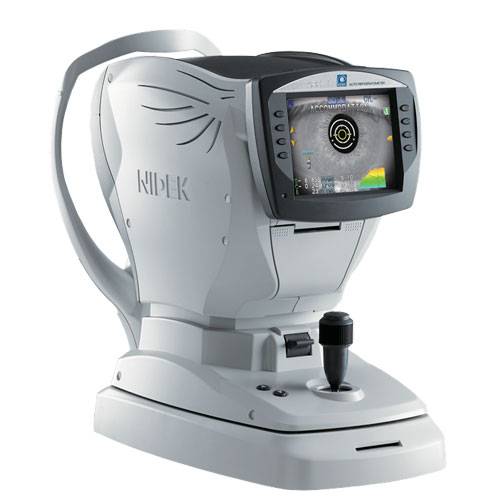
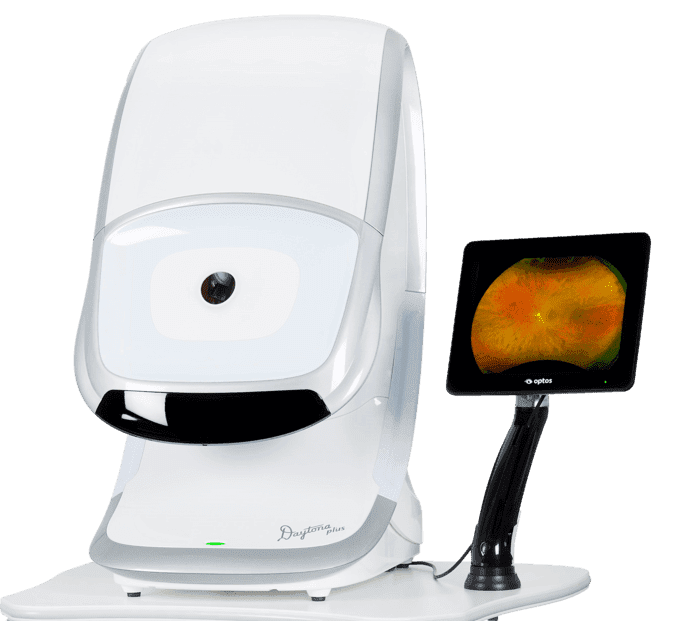
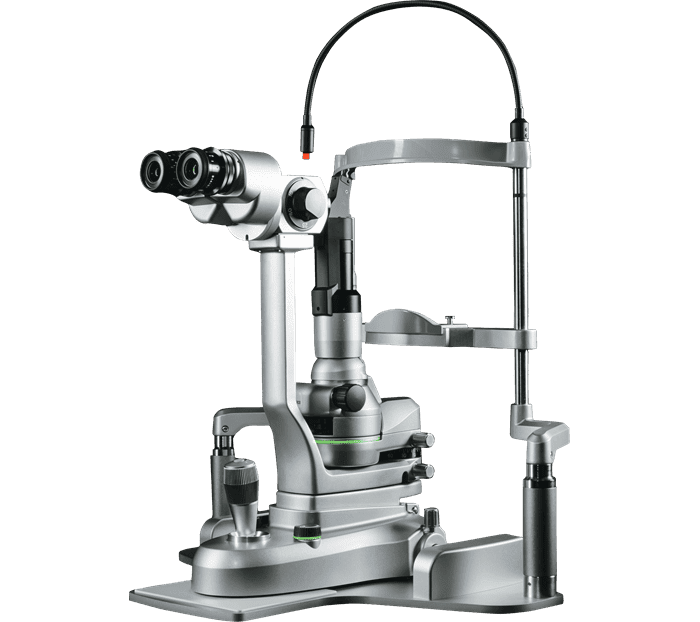
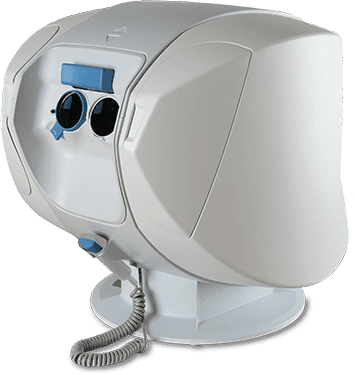
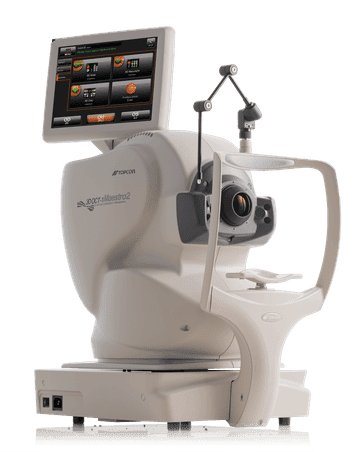
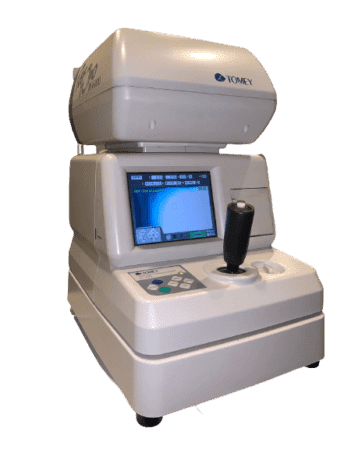
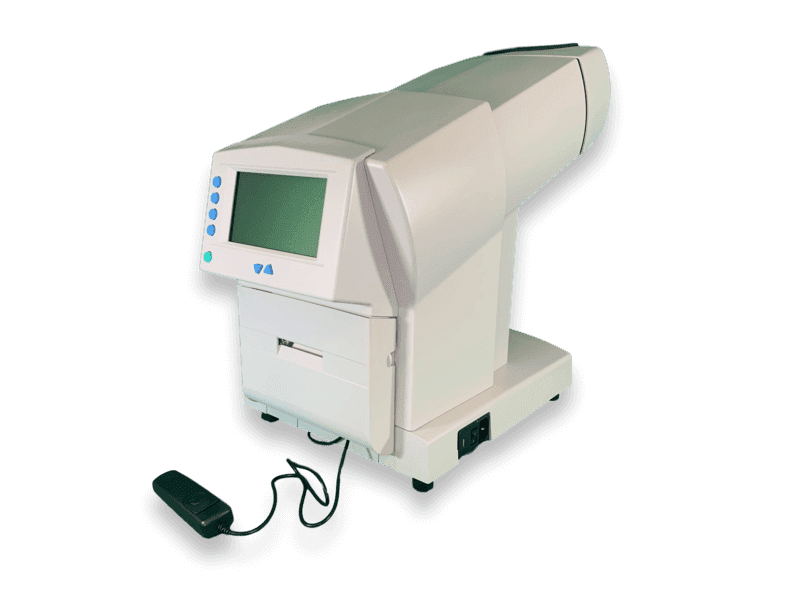
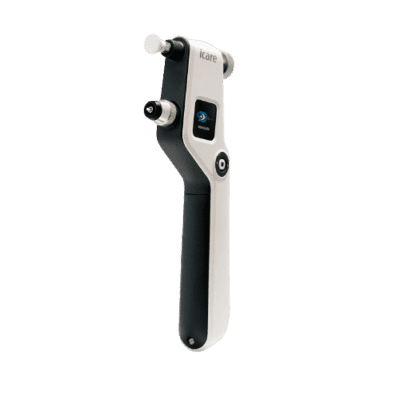
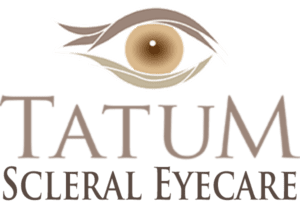
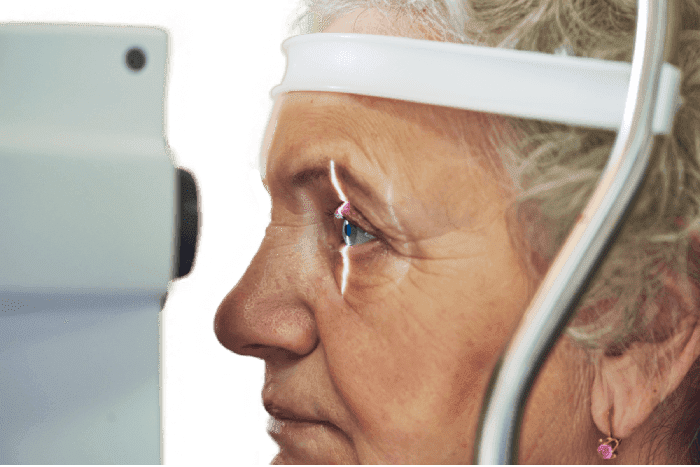
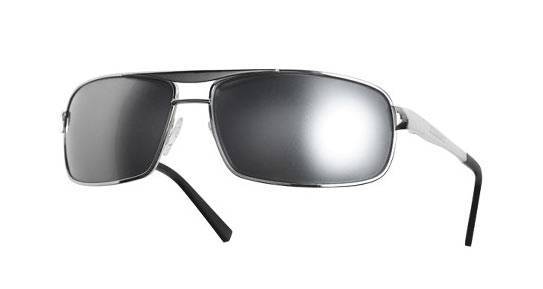 Dillon Optics, the performance eyewear arm of Dillon Precision, have a unique non-reflective, matte lens appearance incorporated with NIR lens technology. This produces noticeably sharper clarity, and protects the lens from damage and harmful environmental conditions. Perfect for outdoor sports and activities where precision vision is required. Tatum Eyecare carries a wide variety of Dillon Optics eyewear.
Dillon Optics, the performance eyewear arm of Dillon Precision, have a unique non-reflective, matte lens appearance incorporated with NIR lens technology. This produces noticeably sharper clarity, and protects the lens from damage and harmful environmental conditions. Perfect for outdoor sports and activities where precision vision is required. Tatum Eyecare carries a wide variety of Dillon Optics eyewear.




